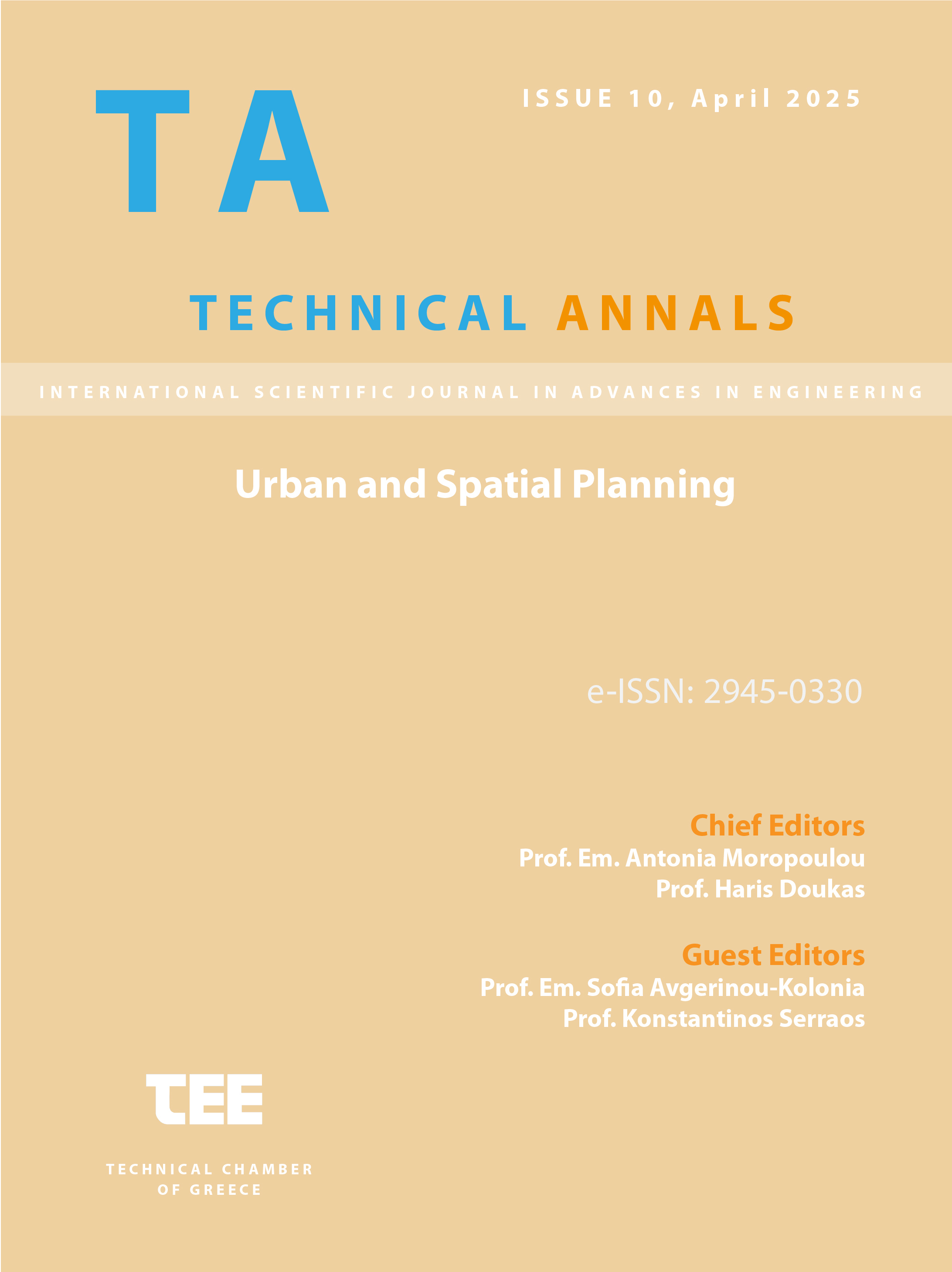Maritime Spatial Planning in Greece: Assessing the balance between energy infrastructure and marine protection

Abstract
This paper examines the challenges and contradictions of Maritime Spatial Planning (MSP) in Greece, focusing on the tension between energy infrastructure development and marine conservation. Through an analysis of legislative frameworks, energy projects, and marine protected areas (MPAs), it highlights how Greece’s pursuit of blue growth and energy hub status has led to the privatization and fragmentation of marine spaces. The study critiques the prioritization of hydrocarbon extraction, LNG infrastructure, and offshore renewable energy investments over environmental protection, emphasizing the risks posed to marine ecosystems and local communities. It further explores governance deficiencies within Greece’s MSP framework, particularly delays in adopting regulatory tools, illustrating how the existing regulatory landscape facilitates economic exploitation at the expense of conservation, resulting in fragmented and politically driven spatial planning. Drawing on recent critical literature, the paper argues for a shift toward a truly ecosystem-based approach that prioritizes environmental sustainability and community resilience. It concludes by advocating for more adaptive, dynamic conservation strategies, such as flexible MPAs, that respond to ecological needs rather than rigid economic planning.
Article Details
- How to Cite
-
Petrakos, K. (2025). Maritime Spatial Planning in Greece: Assessing the balance between energy infrastructure and marine protection. Technical Annals, 1(10). https://doi.org/10.12681/ta.40886
- Section
- Spatial Planning

This work is licensed under a Creative Commons Attribution-NonCommercial-ShareAlike 4.0 International License.


